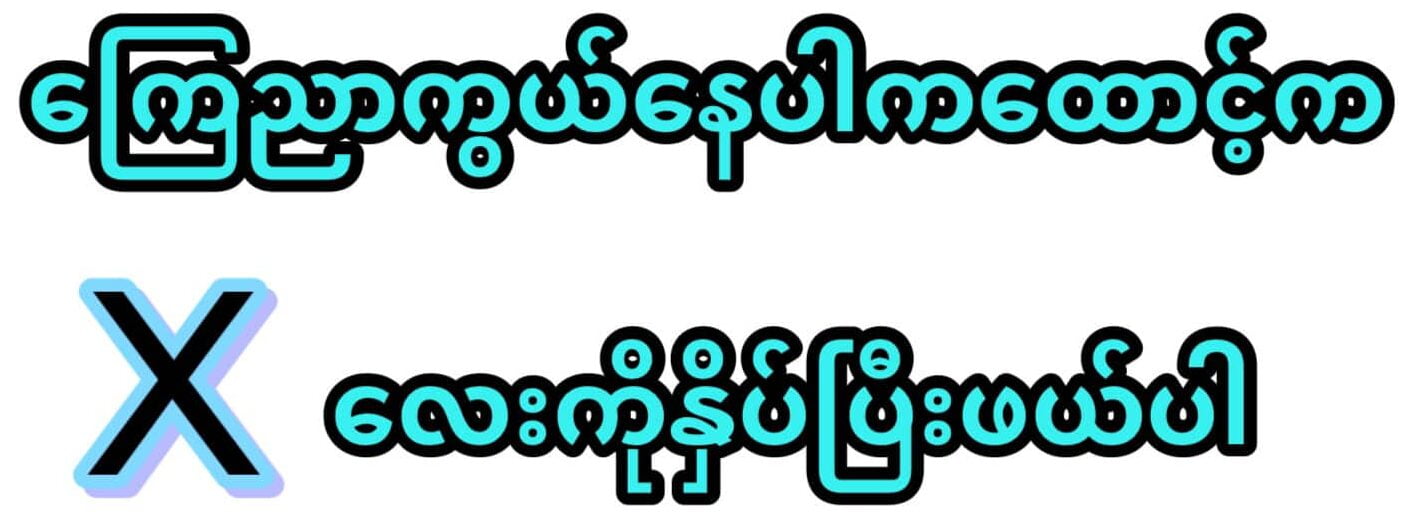Facilitating online instruction may be both enjoyable and difficult for teachers. Yes, not only does he/she have the technical know-how, but he/she also has the capacity to evaluate the following materials supplied by their students, online or in person, for some particular circumstances, such as utilizing a digital camera to film a play, procedural tasks, and others:
Print – compilations of drawings, photographs, magazine clippings, and so on, categorized according to their significance or what, could be excellent learning evidence. Yes, sort of a “mode of verification” (student version) in which their mastered talents might be evaluated using rubrics.
Non-print – voice clips, recorded audio, or video of assigned or chosen task/s could be a terrific technique to evaluate a student’s degree of mastery. Not only do they have the opportunity to demonstrate their voice/video production and recording capabilities, but also their speaking, acting, and writing (script) abilities.
Digital – product, such as a video of a skit created, techniques for generating anything, and the like, can be published to YouTube and other web servers, and can be evaluated at any time by a teacher or a person charged with this responsibility.
Yes, there are evaluation materials that can be uploaded as audio or video files or kept on a memory drive or USB stick. Teachers have the same experience as students in ensuring that all students have submitted their work and have received the correct grade based on the defined criteria just before the beginning of the term or quarter.
Providing learners with the criteria and expectations in advance could serve as a springboard for them to produce exceptional outputs that earn them positive feedback or encouragement as they build their skills in order to achieve mastery of everything.
A diligent teacher understands how to provide the necessary support, even to the extent of encouraging students to find more of their skills in relation to the skill/s being developed, and is able to move beyond the classroom, both virtually and physically.
Few people grasp the significance of proper mentoring, both for teacher and learner performance improvement: the former for providing the appropriate resources, and for the latter, the necessary encouragement to continue discovering their strengths in order to become active learners, and eventually users of the correct information.
This type of activity could be the start of a more enjoyable and fruitful exchange of resources in order for both parties to gain knowledge from the teachings offered and absorbed by the other. Teachers and students in a virtual or online classroom can be engaged, successful, and efficient if they are willing and able to put up their best effort toward achieving their goal or goals.
Yes, there is always a need for real learning assessed by competent teachers who are aware of the influence of feedback-giving on their enthusiastic students who are building skills for a self-actualization path.
In conclusion, therefore. More enlightenment is heading your way as we work together to acquire the knowledge and skills necessary to equip our students with the knowledge and skills they need to become independent and competent users of information for their own wonderful development and growth. Cheers!






